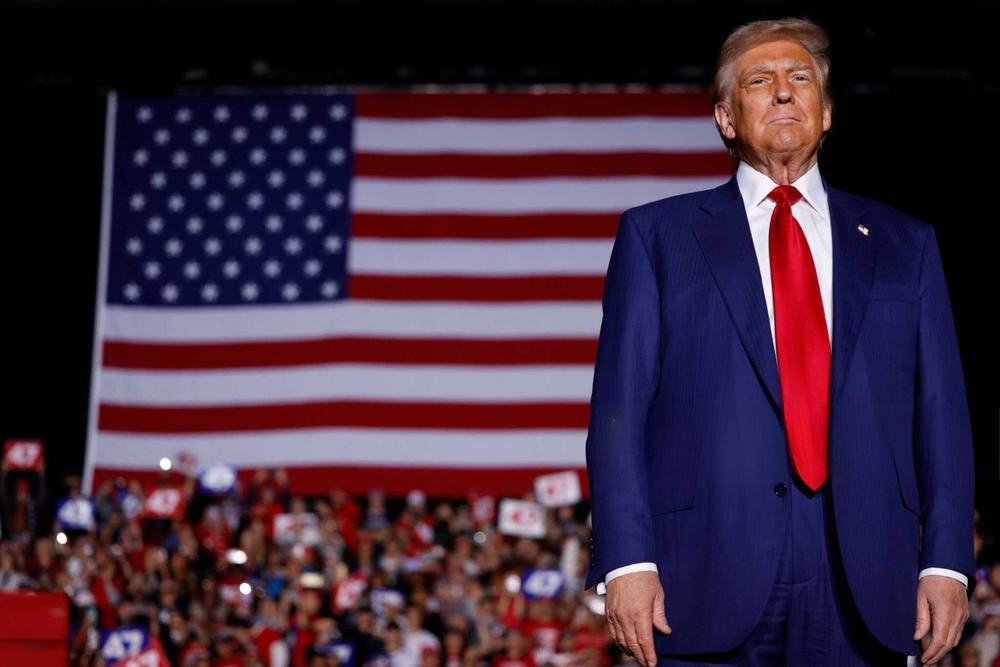The Trump Administration’s plan to execute a massive immigration arrest campaign in Chicago stirs debate, promising a significant impact on undocumented individuals.
Trump Administration’s Immigration Goals
The Trump administration’s renewed effort to address immigration issues encompasses a sweeping nationwide campaign, starting in Chicago. Orchestrated by Tom Homan, the operation allows Immigration and Customs Enforcement (ICE) to enforce detentions and deportations rigorously. Chicago noted as a sanctuary city, will not utilize local law enforcement to counter federal intentions. Despite the sanctuary label, immigrants in the city still face challenges due to federal regulations.
Well, apparently mass deportations are coming, and they are starting in Chicago. According to the WSJ, up to 200 ICE ERO officers will be going to Chicago for round ups of illegal aliens for deportations. pic.twitter.com/o9BPNUOlrr
— Lone Star American (@MadDog_TX) January 18, 2025
The proposal pushes for the termination of the 1997 Flores settlement, which limits family detention to 20 days. Seeking to replace the controversial family-separation policy, indefinite detention is a core element of this strategy. This approach aligns with Trump’s nationwide campaign to enforce legal immigration processes more severely, although critics question its effectiveness in deterring unauthorized arrivals.
According to various reports, the incoming Trump administration is planning to initiate a significant immigration enforcement action in Chicago, starting on Tuesday morning. 200 ICE officers are expected to be deployed to arrest illegal immigrants particularly those with criminal… pic.twitter.com/MmiAMkVP1O
— 🕊 𝓐𝓷𝓷 𝓲𝓼 𝓡𝓲𝓰𝓱𝓽 🕊 𝐗𝐋𝐕 (@Ann_Lilyflower) January 18, 2025
Operation’s Scope and Implications
ICE’s upcoming raids are an integral step in President Trump’s plan to carry out what he declares to be the most significant domestic deportation initiative in American history. Leadership includes directions from designated “border czar,” Tom Homan, allowing ICE to pursue apprehensions of undocumented immigrants starting with potential threats. However, the operation doesn’t exclude others who may not fit this category. Federal resources aim predominantly at those deemed a public safety concern.
“Trump will unleash the vast arsenal of federal powers to implement the most spectacular migration crackdown.” – Stephen Miller.
Tom Homan stated, “ICE will finally go out and do their job on Tuesday. We’re going to take the handcuffs off ICE and let them go arrest criminal aliens.” His clear directive indicates a firm federal determination to uphold stringent immigration enforcement without exceptions, influencing many communities’ landscapes nationwide. As ICE focuses on executing its strategies, critics watch the balance of ethical considerations and resource challenges with anticipation.
Legal and Resource Challenges
Despite the intent and preparations, this enforcement operation must navigate significant legal hurdles, such as the Flores settlement imposing restrictions on detaining families longer than 20 days. The proposal requires considerable adjustments, including surpassing existing congressional detention capacity authorizations, which triggers a call for increased funding to ICE. Discussions about constitutional boundaries arise as legal opposition mounts to counter these expansions.
“On Tuesday, ICE will finally go out and do their job. We’re going to take the handcuffs off ICE and let them go arrest criminal aliens.” – Tom Homan.
The Trump administration’s resolve has drawn a varied response, with critics suggesting reliance on enhanced executive orders might conflict with existing legal precedents. Concerns about racial profiling and unlawfully detained individuals loom large, making judicial responses pivotal in regulating these federal enforcement campaigns.
Sources:
https://www.migrationpolicy.org/article/trump-administration-new-indefinite-family-detention-policy
https://www.aclu.org/trump-on-immigration

